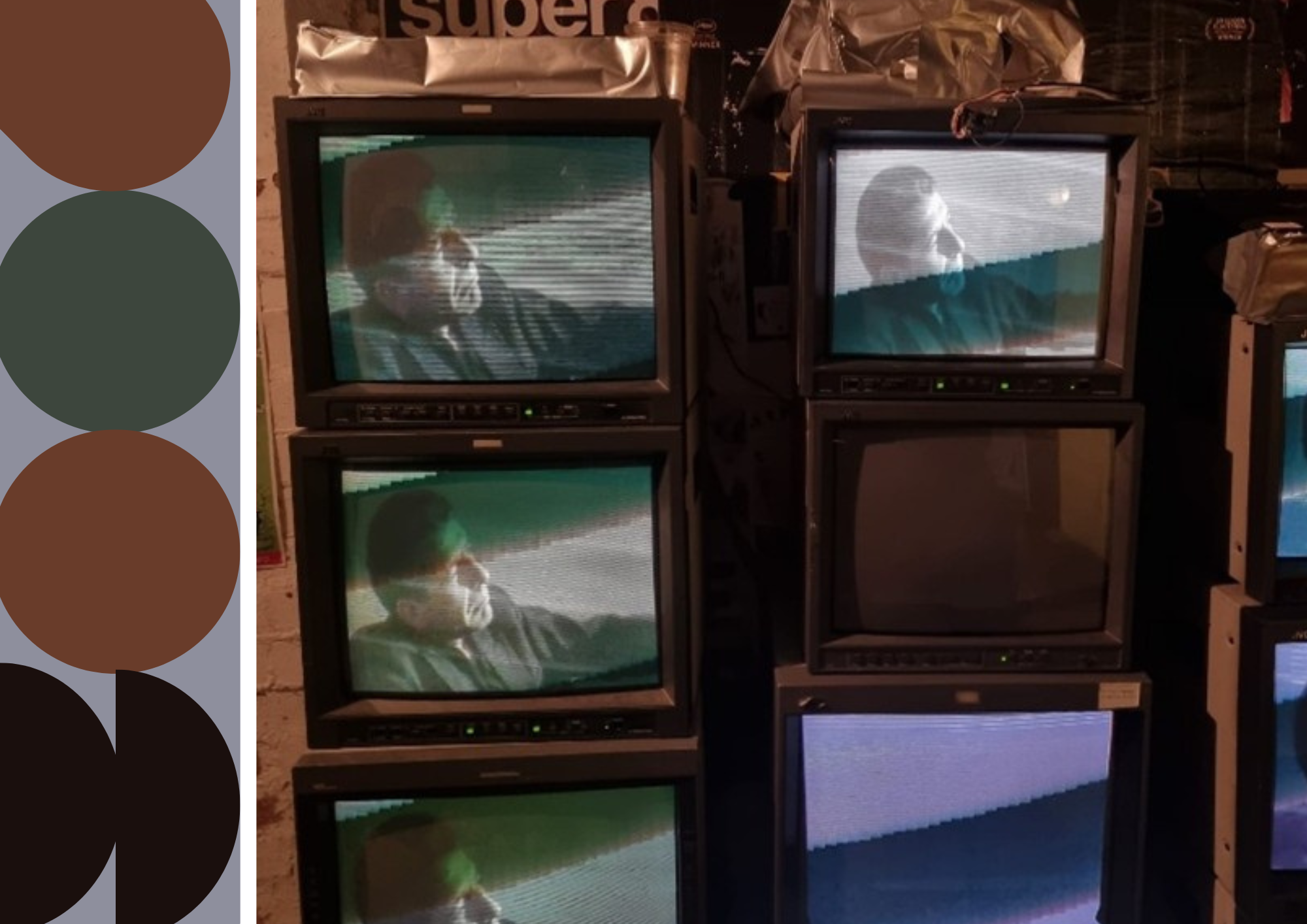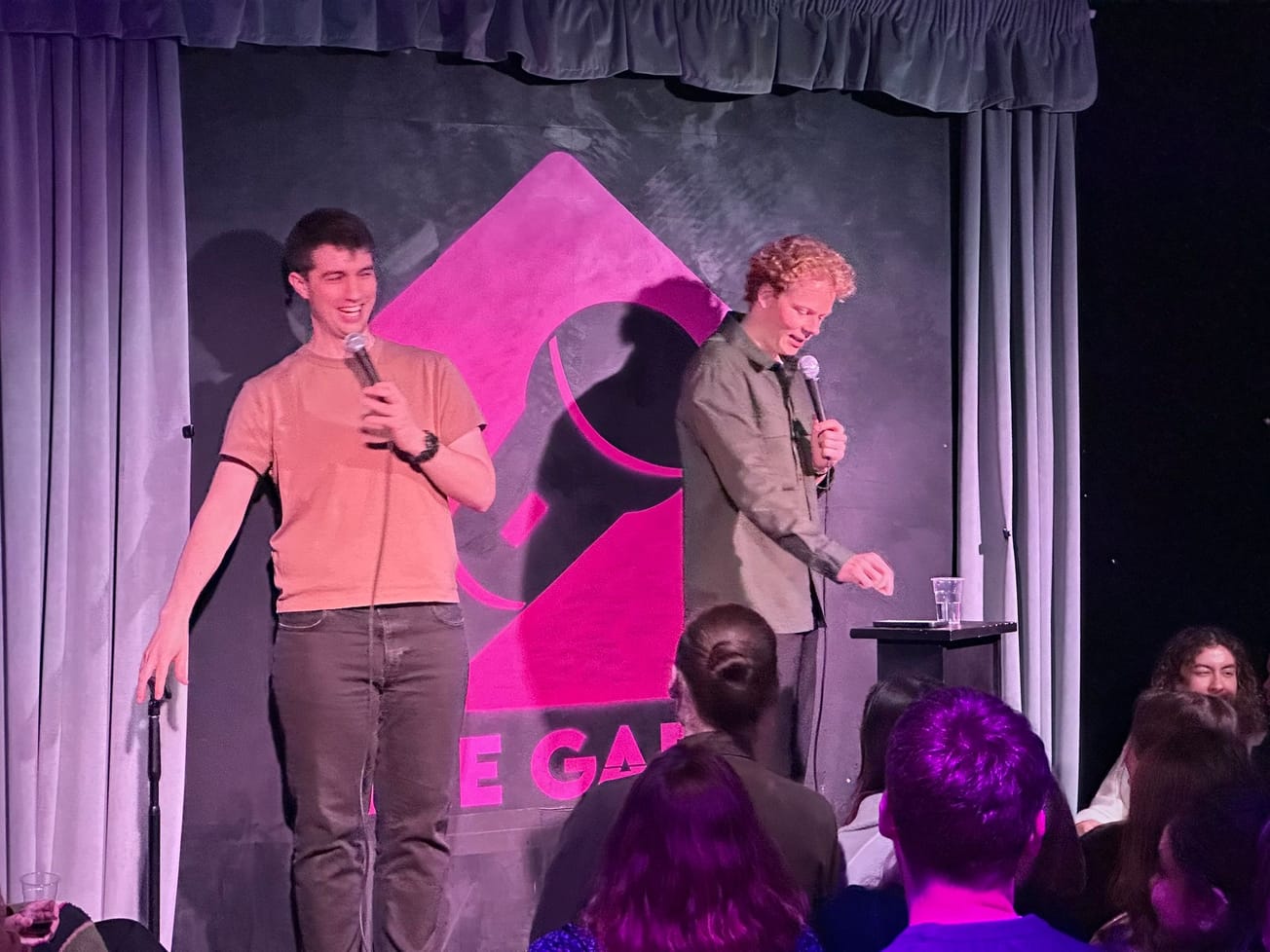By Ally Chapman, First Year Politics and International Relations
It’s 2001. Boards of Canada are on their way to the studio, where they are working on their second album. Their debut, ‘Music Has the Right to Children’, has become an instant classic. A game-changer for electronic music, BOC’s unique style of intentionally lo-fi synth sounds, hip hop influenced drums and wistful, contemplative melodies resonated deeply with critics and music fans. It’s an album perfectly engineered for nostalgia, reminiscing on innocent times, bittersweetness. The band’s vision of electronic music that could be warm, fuzzy and deeply sentimental was executed perfectly. They’ve even seen some mainstream recognition. Life is good. The duo get to the studio, grab a pen and circle September 11th on their calendar.
‘Geogaddi’ was never marketed as a 9/11 album. The band only confirmed that it was a response to the attacks two years after its release in 2002. Despite this, ‘Geogaddi’ is uniquely positioned in the canon of music about 9/11 as a visceral musical representation of the public unease immediately following the incident. It never addresses the elephant in the room – it never explicitly addresses anything. Instead, it leaves you to figure out as you listen that something is very, very wrong with this album.
Boards of Canada are musically intricate to a fault – their process is so intense that they’ve only released four studio albums since 1986 – but their work outside of ‘Geogaddi’ is thematically simple. ‘Music Has the Right to Children’ has massive emotional weight for its fans, but none of the songs are about anything. The composition is dedicated to building up that warm, cozy atmosphere that by this point fans had become very familiar with. ‘Geogaddi’s first big point is jettisoning that atmosphere entirely. The opportunity to be nostalgic is no longer available to you. The instruments are the same, the sound palette is the same, but Boards of Canada are not interested in your daydreams anymore. Synths are intentionally detuned to create a subtle, unsettling dissonance. Drums drift in and out of time, or ignore time completely on cacophonous, suffocating tracks like ‘Gyroscope’. A massive amount of this album is in reverse which creates a unique uncanny valley effect – something in your head registers that you’re hearing a guitar, but it doesn’t sound like one. The world of Boards of Canada’s music reflects the real world and its sudden transformation after 9/11. Everything is still built the same way, with the same parts and the same people, but suddenly everything feels different. It feels unsettling. There’s never a genuinely frightening moment, but the possibility of a threat never goes away. You’re returning to a place knowing you were wrong about how safe you were there.
Evil is everywhere on ‘Geogaddi’. Boards of Canada choose to personify this as Satan, a reference to who appears on most songs – and when he’s not there, ‘Geogaddi’ chooses to confront murder head-on. These references are ridiculously easy to miss, but once you’ve noticed them you can’t unhear them. The seemingly inconsequential ‘Opening The Mouth’, an interlude featuring flutes, heavy breathing and not much else, takes on a disturbing tone when you find out that ‘Opening The Mouth’ is an Ancient Egyptian resurrection ritual. ‘Julie & Candy’ references the murder of 10-year-old Candace Newmaker by a psychiatrist in 2000. Even a seemingly upbeat and genuinely catchy track like ‘1969’ is about the massacre of the Branch Davidians in 1993. It is impossible to escape death in Geogaddi. With this contrast, the fact that an equal number of tracks are instead focused on the military becomes just as disturbing. A prediction of the deaths to come.
Geogaddi is not just a 9/11 album. Thematically, it is a tacit acknowledgement of the existence of hundreds of unnecessary deaths, of real and active evil in this world. Musically, the removal of the sentimental, dreamy melodies of the first album force the listener to acknowledge the darkness and instability of the period it was recorded in. It doesn’t offer a solution because it can’t – most of the material was written in the immediate aftermath of the attacks. Everyone was reeling, confused and scared. Art of all kinds (but especially music) concerning 9/11 so often fail because they’re only concerned with either the collapse of American Dream ideology or a patriotic victory over the terrorists. ‘Geogaddi’ is neither – it just depicts the fear, the pain and the confusion.
Featured Image: Warp Records
Do you listen to Boards of Canada?








